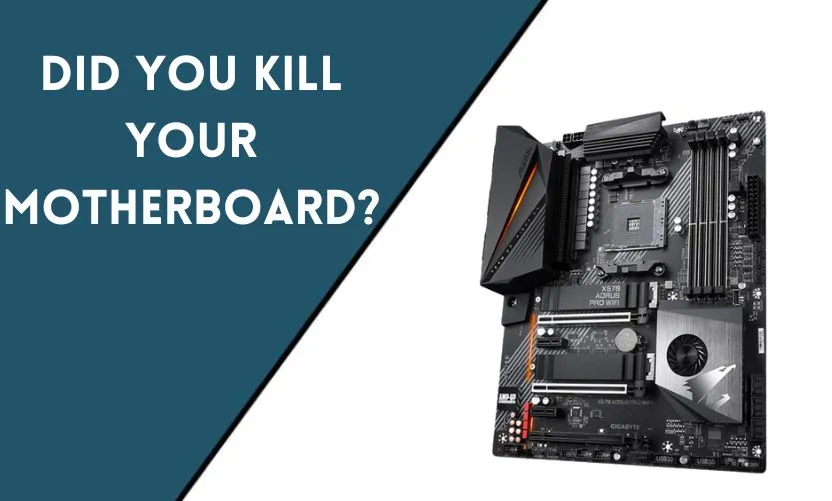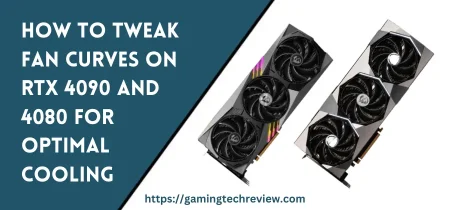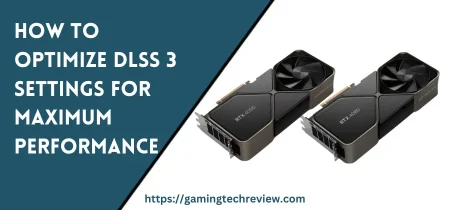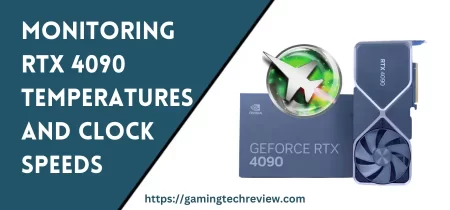
Motherboards are the backbone of any computer system, serving as the primary circuit board that connects and controls all of its components. However, they can also be the Achilles’ heel of a computer if they fail due to any number of reasons. In this article, we’ll take a closer look at common causes of motherboard failures and provide tips on how to avoid them.
Introduction
As one of the most critical components of a computer, the motherboard is responsible for everything from managing the power supply to controlling the CPU, RAM, and storage devices. A malfunctioning motherboard can cause a wide range of issues, from intermittent glitches to complete system failures. In this article, we’ll explore the various causes of motherboard failures and provide practical advice on how to avoid them.
What is a motherboard and how does it work?
Before we dive into the causes of motherboard failures, let’s first understand what a motherboard is and how it works. Simply put, a motherboard is a large circuit board that serves as the central hub of a computer system. It houses the CPU, RAM, storage devices, and all other essential components, connecting them together and allowing them to communicate with each other. The motherboard also provides power to the various components and regulates their voltage and frequency.
Common Causes of Motherboard Failures
Now that we have a basic understanding of what a motherboard is and what it does, let’s examine the most common causes of motherboard failures.
Electrical Overload
One of the most common causes of motherboard failures is electrical overload. This occurs when the motherboard receives more electrical current than it can handle, leading to damage to the delicate circuits and components. Electrical overload can happen due to power surges, lightning strikes, or faulty power supplies.
Physical Damage
Another common cause of motherboard failures is physical damage. This can occur when the motherboard is mishandled during installation or removal, or when it sustains a blow or impact due to accidents or drops. Physical damage can lead to cracks or fractures in the circuits or components, impairing their functionality.
Heat Damage
Heat damage is another significant cause of motherboard failures, as excessive heat can cause the delicate circuits and components to warp or melt. This can happen due to poor ventilation, overclocking, or faulty cooling systems and can lead to a range of problems, including random crashes, freezes, and shutdowns.
Moisture Damage
Moisture damage can occur when the motherboard is exposed to excessive humidity, condensation, or water spills. Moisture can corrode the circuits and components, leading to short circuits or even complete failures.
Age and Wear
Finally, age and wear can also cause motherboard failures. Over time, the circuits and components of the motherboard can become worn or damaged, leading to a gradual decline in performance and eventual failure.
Signs of a Failing Motherboard
Now that we’ve explored the common causes of motherboard failures, let’s take a look at some of the signs that your motherboard might be failing. These include:
- Random crashes or freezes
- Blue screen errors
- System slowdowns
- Failure to boot up
- Unexpected reboots
- Strange noises or beeps
- Overheating
- Inconsistent power supply
If you notice any of these symptoms, it’s crucial to take action as soon as possible to prevent further damage.
How to Avoid Motherboard Failures
Now that we’ve identified the most common causes of motherboard failures and the signs of a failing motherboard, let’s look at how you can avoid these issues and ensure your motherboard’s longevity.
Use a Surge Protector
To protect your motherboard from electrical overload, always use a surge protector. A surge protector helps regulate the voltage and protects your computer system from sudden power surges, spikes, and lightning strikes.
Handle with Care
When installing, removing, or handling your motherboard, always exercise caution and care. Avoid dropping or bumping the motherboard, as physical damage can lead to cracks, fractures, or misalignments.
Keep it Cool
To avoid heat damage, make sure your computer system is adequately ventilated and has a reliable cooling system. Avoid overclocking your CPU or other components beyond their recommended limits, as this can generate excessive heat and damage your motherboard.
Protect it from Moisture
To protect your motherboard from moisture damage, make sure your computer system is kept in a dry, well-ventilated environment. Avoid exposing your computer system to humid or wet conditions, and if a spill occurs, immediately shut down your system and seek professional help.
Regular Maintenance
Finally, to keep your motherboard running smoothly and avoid age-related wear and tear, make sure to perform regular maintenance tasks, such as cleaning the dust and debris from your computer’s fans and components, updating your software, and checking for firmware updates.
Conclusion
In conclusion, a motherboard is a crucial component of any computer system, and its failure can lead to significant issues and even total system failure. By understanding the common causes of motherboard failures and taking proactive steps to prevent them, you can ensure your motherboard’s longevity and maintain your computer system’s performance and reliability.
Frequently Asked Questions
How can I tell if my motherboard is failing?
Some common signs of a failing motherboard include random crashes or freezes, blue screen errors, system slowdowns, and overheating.
Can a power surge damage my motherboard?
Yes, a power surge can cause electrical overload, which can damage your motherboard’s circuits and components.
How can I protect my motherboard from moisture damage?
To protect your motherboard from moisture damage, keep your computer system in a dry, well-ventilated environment, and avoid exposing it to humid or wet conditions.
Is it safe to overclock my CPU?
Overclocking your CPU can generate excessive heat, which can damage your motherboard and other components. It’s generally not recommended unless you’re experienced and understand the risks.
How often should I perform maintenance on my computer system?
It’s recommended to perform regular maintenance tasks, such as cleaning dust and debris from fans and components, updating software, and checking for firmware updates, every six months to a year.










